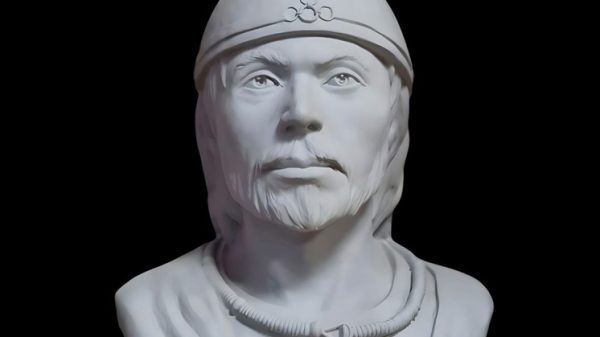Accountants say the revelation that Donald Trump paid just $750 (£580) in federal income tax in 2016 shows that the US president is either “a very bad businessman or a tax cheat … probably both”.
Independent left-leaning accounting experts who analysed Trump’s tax returns, which were published by the New York Times on Sunday, said that while the full details of Trump’s tax affairs were not yet known, the details published by the newspaper showed the president was “abusing the tax system”.
Alex Cobham, the chief executive of the Tax Justice Network, an international group campaigning for a fairer and more transparent tax system, said: “This shows that Trump is either a very bad businessman or a tax cheat who is not respecting the tax system that he is asking everyone else to pay. Probably both are true.”
The New York Times said Trump paid $750 in federal income taxes in the year he won the presidency, and in his first year in the White House he paid another $750. The Times said Trump paid no income taxes at all in 10 of the previous 15 years, largely because he reported losing much more money than he made. The Times said the records revealed “chronic losses and years of tax avoidance”.
Comparison graphic
In the US, people who derive their income from company dividends rather than salary only pay tax when the company records a profit and pays a dividend.
Trump has dismissed the Times’ reporting as “fake news”. “Actually I paid tax. And you’ll see that as soon as my tax returns – it’s under audit, they’ve been under audit for a long time,” he said after the story was published. “The IRS [Internal Revenue Service] does not treat me well … they treat me very badly.”
Trump is the first president since the 1970s not to make his tax returns public, though this is not required by law. He claims his tax returns are “under audit” and therefore he cannot release them.
Cobham said the $750 annual tax payments made in 2016 and 2017 by Trump, who claims to be a billionaire, were “far, far below” what most Americans paid in tax. He said people working in supermarkets earning $25,000 would probably be paying more tax than the president.
Cobham said the tax returns showed that Trump “ploughed hundreds of millions into businesses that don’t make money” and that “the case for him being a bad businessman is absolutely proved”.
“What Trump is shown to be doing will shine a light on his contribution to society,” Cobham said. “I think that is going to be incredibly difficult to defend paying so little in tax … even with his base, who might not value public healthcare but they do value the US’s ability to defend its borders, and that is also paid for by taxes.”
He said it was also very concerning that the president was in a formal dispute with the US tax authority over his tax affairs. The Times said Trump had used “questionable measures” to reduce his tax bill, and he could face a possible hit of “more than $100m” if he lost “a decade-long audit battle with the IRS over the legitimacy of a $72.9m tax refund that he claimed, and received, after declaring huge losses”.
Michael Weiss
(@michaeldweiss)
The New York Times obtained Trump’s tax information. «Donald J. Trump paid $750 in federal income taxes the year he won the presidency. In his first year in the White House, he paid another $750.» https://t.co/5vhoAX3OJA
September 27, 2020
Richard Murphy, a professor of accounting at Sheffield University management school and a self-described “tax justice campaigner”, said the tax records showed that Trump “wants to be rich. He wants to be famous. He does not care how or why. And he is not willing to work for it.”
Richard Murphy
(@RichardJMurphy)
Trump’s economic free-riding https://t.co/k0b8w3rhRK All Trump’s tax returns do is confirm that he has the mindset of the tax haven abuser coupled with that of the populist politician: he wants to get rich at cost to everyone else
September 28, 2020
Murphy said the records appeared to show that “Trump is not a successful business person, at all. Instead he is an arch-manipulator of borrowed funds, using them to give the appearance of a successful business career when he is, in fact, simply accumulating debt that he might well be unable to repay. The possibility that this might arise during the course of a second term in office is particularly worrying: how can the president go bankrupt?”






















































Свежие комментарии